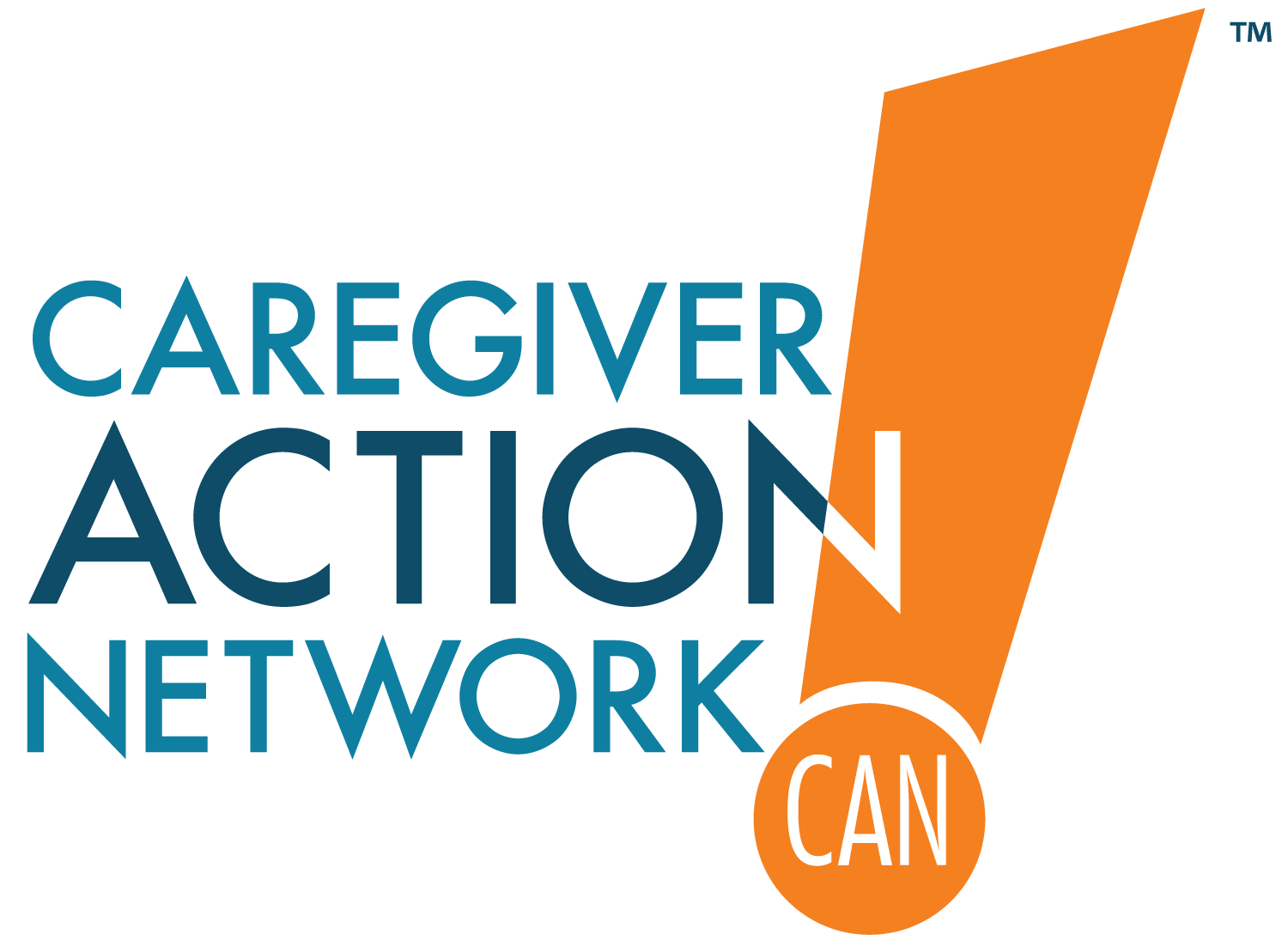- Geographic disparities: Rural and underserved urban areas often lack a sufficient number of mental health providers. According to the Health Resources and Services Administration (HRSA), over 150 million people in the U.S. live in mental health professional shortage areas.
- Insurance gaps: Public insurance (Medicaid/Medicare) may not be accepted by many providers, and private plans often have limited networks for mental health services.
- Financial barriers: Out-of-pocket costs are high, especially for individuals without insurance or those with high deductibles, which limits access for low-income individuals.
Hear from Beverly B. about the financial component of caregiving:
Actualmente, me encuentro en una situación en la que la residencia comunitaria y el tutor de la propiedad de mi hermano, designado por el tribunal, no han sido transparentes con respecto a su cuidado. Y la mayor parte de su cuidado corre por mi cuenta. Y también entiendo que se supone que deben ayudarme a gestionar el componente financiero de su cuidado. Desafortunadamente, el estado en el que vivo ahora mismo no está muy orientado a los electores. Permítanme decirlo así.
